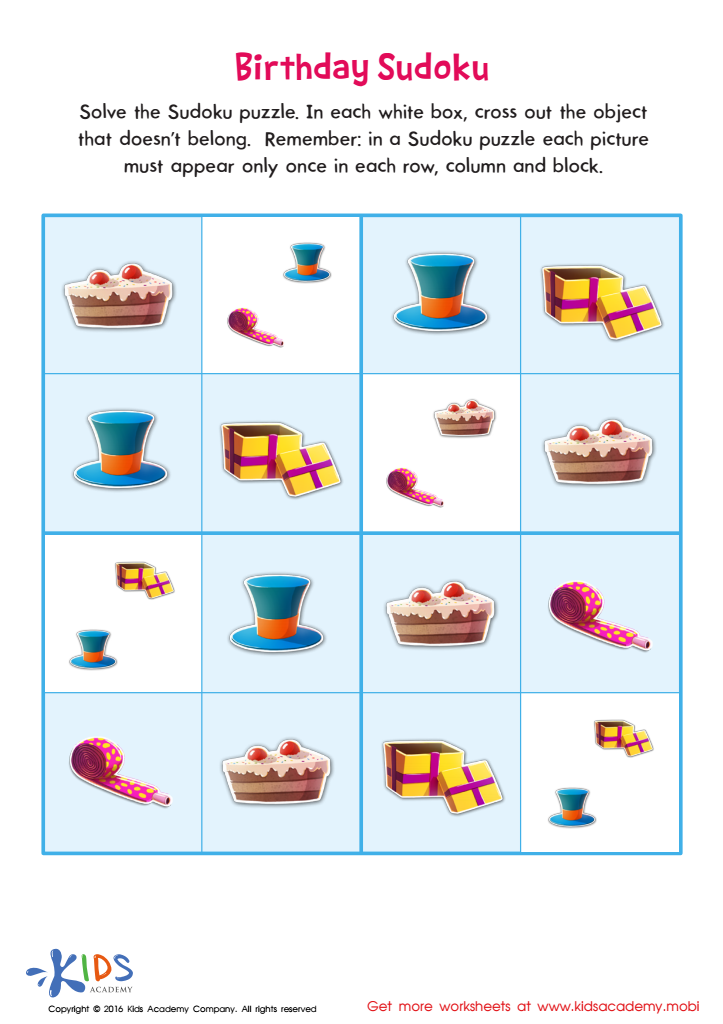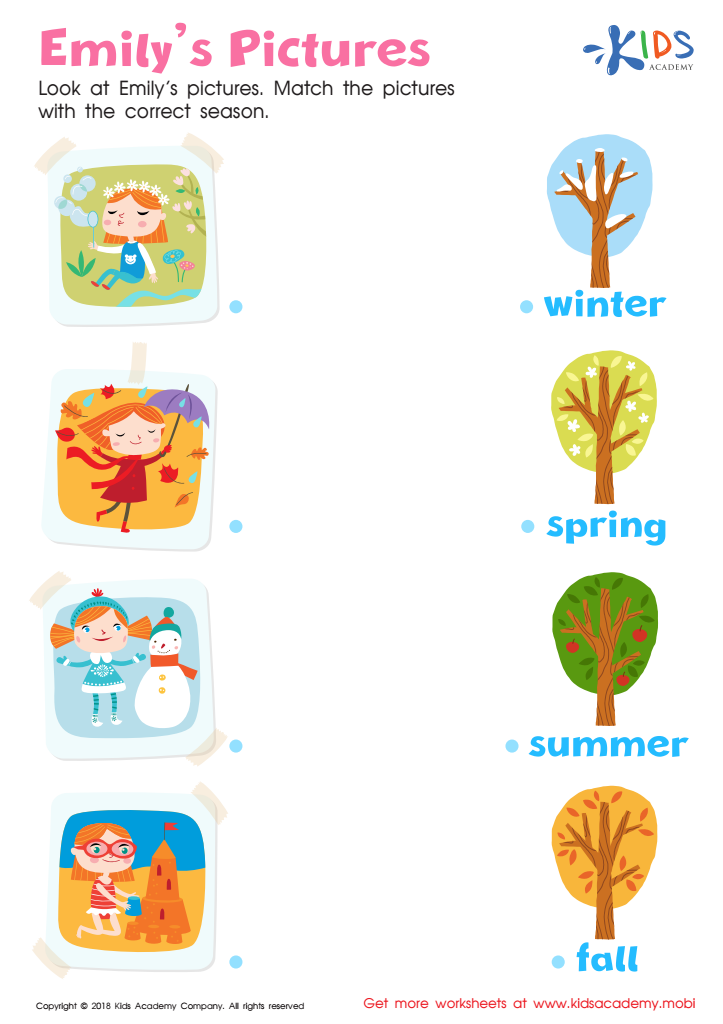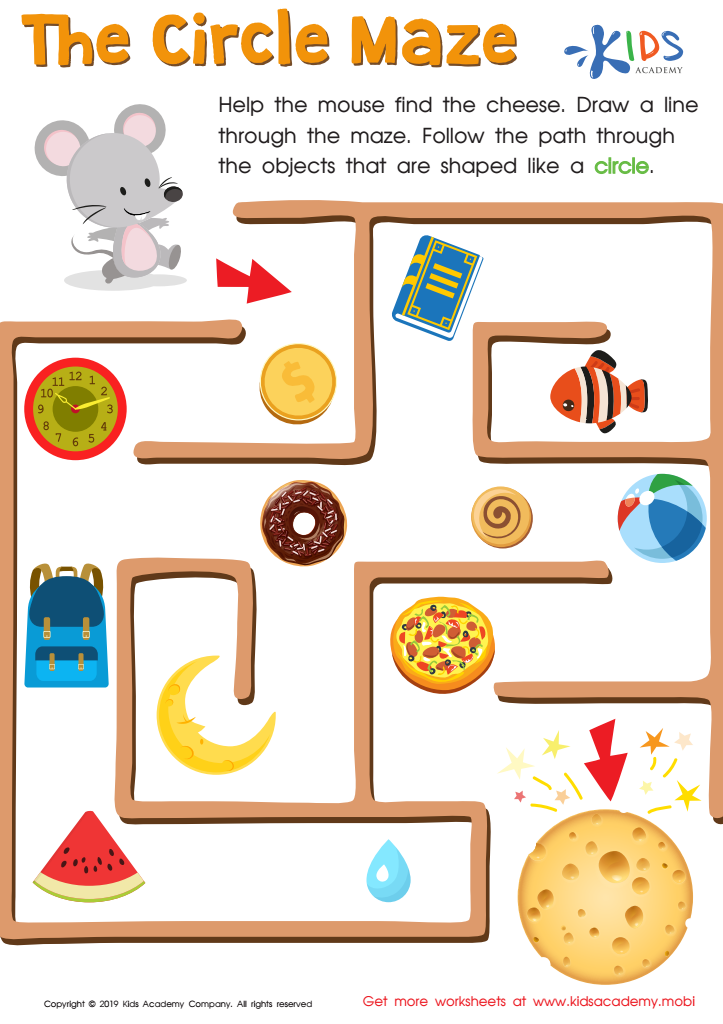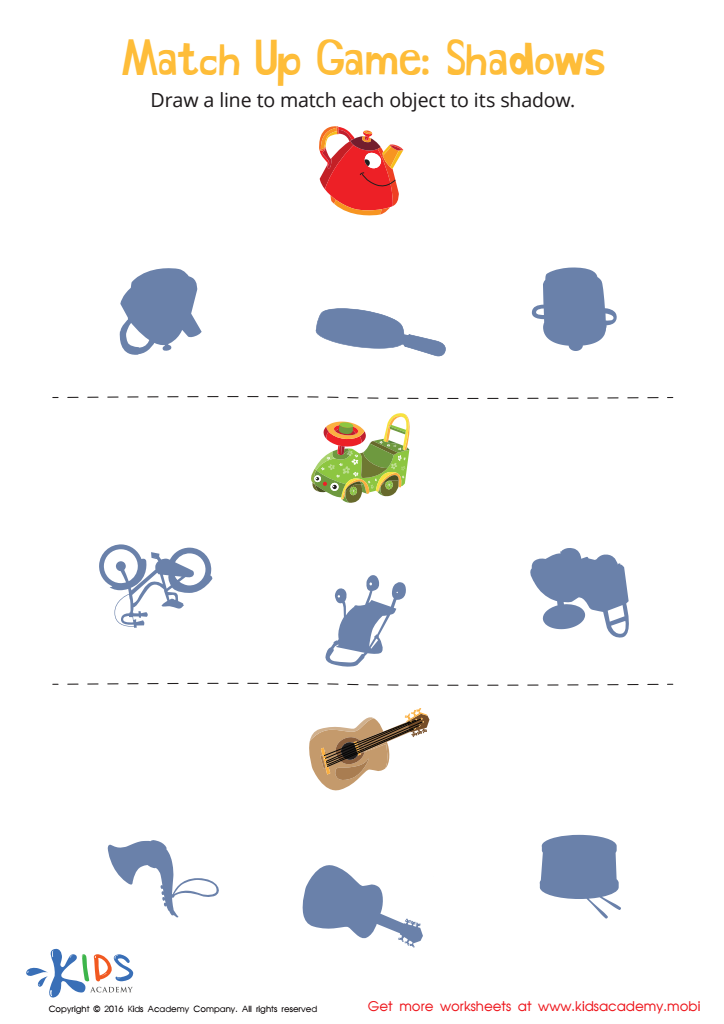Logical Reasoning Extra Challenge Math Worksheets for Ages 3-4
4 filtered results
-
From - To
Discover our engaging "Logical Reasoning Extra Challenge Math Worksheets" designed specifically for 3-4-year-olds! These worksheets are perfect for young learners who are ready to enhance their critical thinking and problem-solving skills through fun and interactive activities. Featuring vibrant illustrations and age-appropriate challenges, they encourage children to identify patterns, classify objects, and solve basic puzzles that stimulate their minds. Ideal for both classroom and home use, these worksheets promote independent learning and creativity. Give your child the confidence to tackle more complex thinking in a playful way. Start their journey in logic and reasoning today with our delightful and educational worksheets!


Birthday Sudoku Sorting Worksheet


Emily's Pictures Worksheet


The Circle Maze Worksheet
Parents and teachers should care about Logical Reasoning Extra Challenge Math for Ages 3-4 because it lays a crucial foundation for early cognitive development. At this age, children are naturally curious and eager to explore their environment, making it an ideal time to introduce concepts of logic and reasoning. Engaging in targeted math activities enhances critical thinking skills, helping young learners to recognize patterns, solve problems, and make sense of the world around them.
These foundational skills not only support mathematics proficiency later on but also contribute to overall academic success. By cultivating logical reasoning, children develop the ability to approach challenges methodically, fostering resilience and persistence—qualities essential for lifelong learning.
Moreover, fun and interactive activities associated with Logical Reasoning Math invite playful learning, encouraging deeper engagement and motivation. This can help prevent math-related anxiety in the future, as children build confidence in their abilities from a young age. Ultimately, nurturing logical reasoning at 3-4 years old provides a pathway for intellectual growth, social-emotional development, and academic achievement, making it a vital concern for parents and educators alike. Investing in these skills now can yield significant benefits as children progress through their educational journey.


 Assign to My Students
Assign to My Students
















